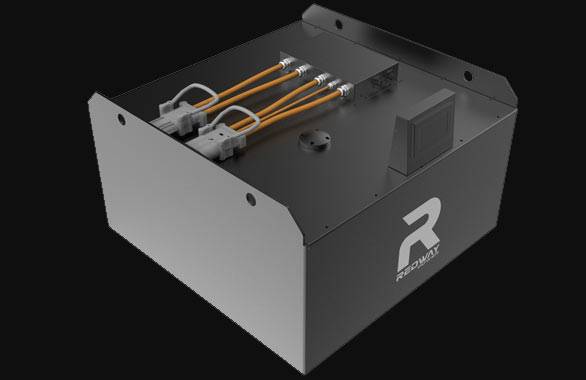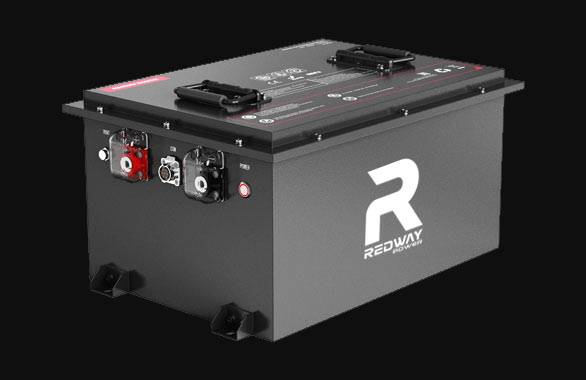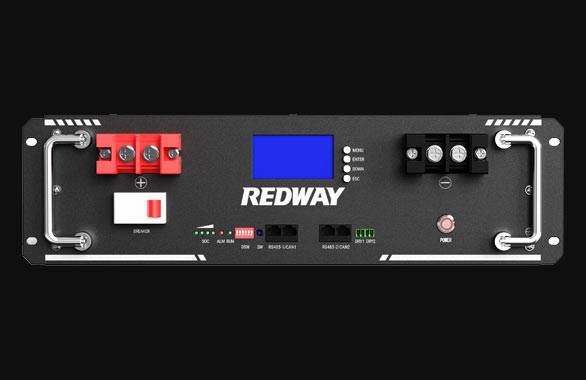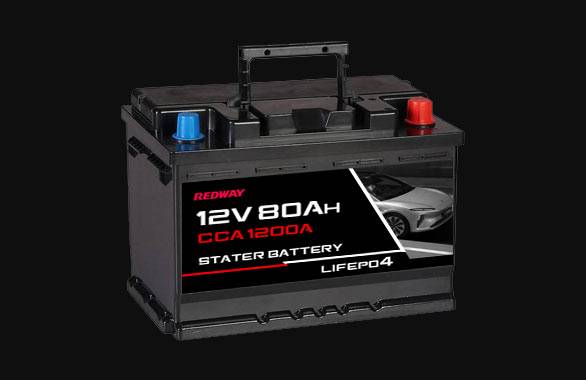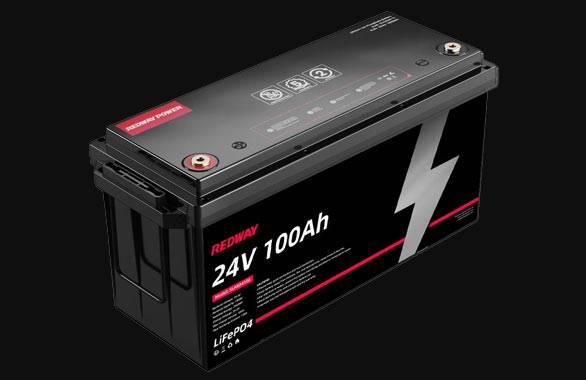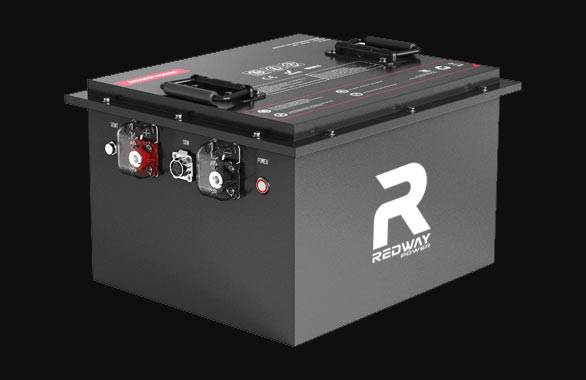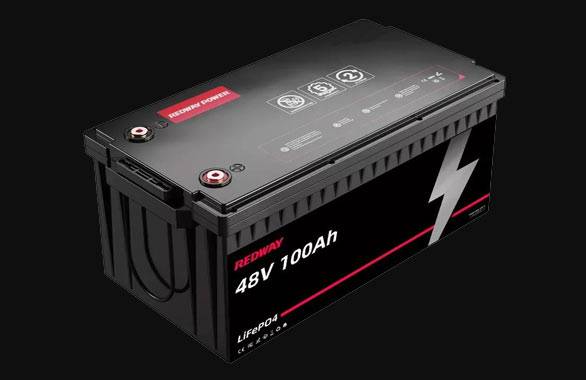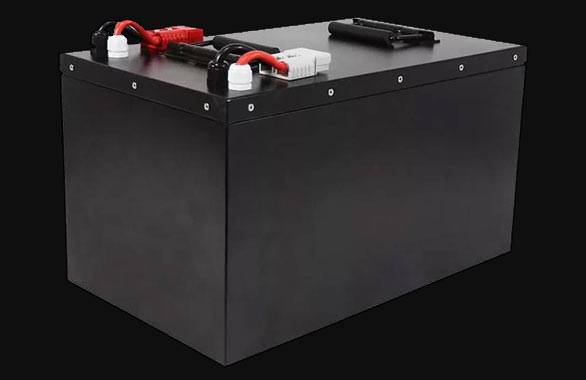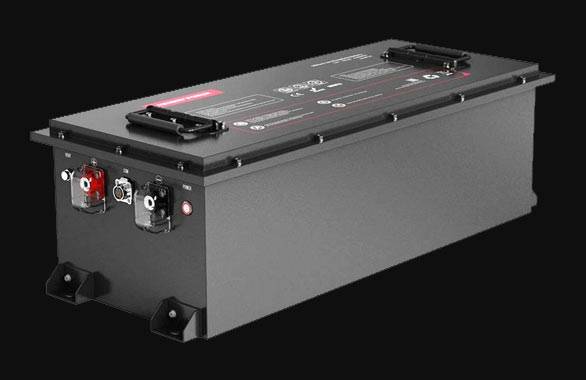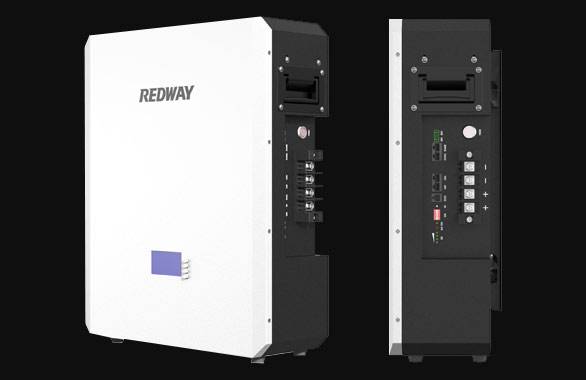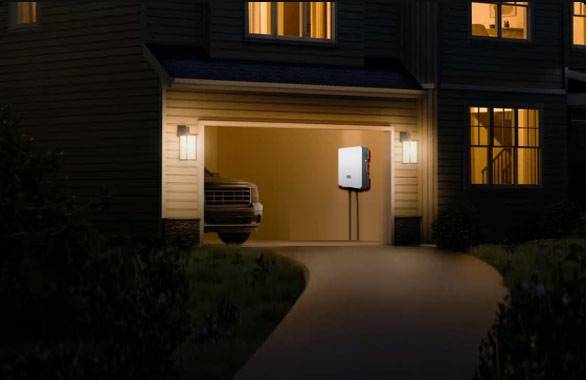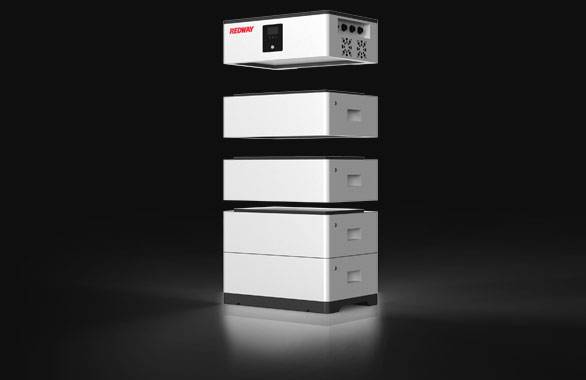- Forklift Lithium Battery
- Golf Cart Lithium Battery
- Rack-mounted Lithium Battery
51.2V 100Ah Rackmount LiFePO4 Battery
8000 times (80% DOD 0.5C)
Optional SNMP for TELECOM - Car Starter Battery
- 12V LiFePO4 Battery
12V 150Ah Lithium RV Battery
Bluetooth App | Self-heating
LiFePO4 | Group 31
UL 1642 | IEC 62619 - 24V LiFePO4 Battery
- 36V LiFePO4 Battery
- 48V LiFePO4 Battery
- 60V LiFePO4 Battery
60V 100Ah Lithium Battery (AGV, AMR, LGV)
Peak Discharge Current 400A
500 x 298 x 349 mm - 72V~96V LiFePO4 Battery
72V 100Ah Lithium Golf Cart Battery
Peak Discharge Current 315A (10S)
740 × 320 × 246 mm - Wall-mounted Lithium Battery
51.2V 100Ah 5kWh
Wall-mounted Battery532 x 425 x 170 mm / LiFePO4
>8000 Cycles (80% DOD 0.5C)
RS485 / CAN-bus
for Solar Home ESS - Home-ESS All-in-One
51.2V 32kWh
All-in-On HESS SystemPowerAll
51.2V / LiFePO4
>8000 Cycles (80% DOD 0.5C)
RS485 / CAN-bus / WiFi
All-in-One for Home ESS
How Does The 36V GATR Max Battery Improve Performance?
The 36V GATR Max battery enhances performance through advanced lithium-ion technology, delivering higher energy density and lightweight construction. Its LiFePO4 chemistry provides 2,000+ cycles with stable 36V output, reducing voltage sag during high-current demands. Optimized thermal management and smart BMS ensure safe operation in marine, golf carts, and EVs. Pro Tip: Always pair with compatible controllers to leverage its 20% faster charging and 80A continuous discharge capabilities.
How does material innovation boost the 36V GATR Max’s efficiency?
The battery uses nano-structured LiFePO4 cathodes and silicon-infused anodes to achieve 160Wh/kg energy density. Graphene additives in electrodes reduce internal resistance by 40%, enabling sustained 80A outputs without thermal throttling.
Beyond traditional lithium designs, the GATR Max employs atomic-layer-deposited electrolyte coatings that prevent dendrite formation. This extends cycle life to 2,500 cycles at 80% depth of discharge—unmatched in marine applications. The BMS monitors individual cell voltages within ±25mV, preventing imbalance-induced capacity fade. Pro Tip: Store batteries at 50% charge in 15-25°C environments to minimize calendar aging. For example, a 36V 100Ah GATR Max powers golf carts for 50km+ per charge, outlasting lead-acid alternatives by 3X. Why does this matter? Because reduced weight (23kg vs 45kg for lead-acid) enables 18% faster acceleration in electric vehicles.
| Feature | Traditional Li-ion | GATR Max |
|---|---|---|
| Anode Material | Graphite | Silicon Composite |
| Cathode Stability | Prone to oxidation | ALD-protected |
| Cycle Life @80% DoD | 1,200 | 2,500+ |
⚠️ Warning: Never discharge below 10% SOC—deep cycles below 3.0V/cell cause irreversible lithium plating.
What thermal systems prevent performance degradation?
The phase-change cooling matrix maintains core temperatures within 2°C variance. Dual NTC thermistors per module enable real-time BMS adjustments, crucial for high-load EV applications.
During 80A discharges, the battery’s aluminum honeycomb structure directs heat toward side-mounted PCM heat sinks, keeping surface temps below 55°C. This matters because every 10°C above 30°C halves cycle life. The system even works in reverse—below -20°C, internal heaters activate using 2% SOC to restore ionic conductivity. Imagine a winter golf cart round: competitors’ batteries falter at 80% capacity, while GATR Max maintains 95% via self-warming. A pro racer’s secret? Pre-condition batteries via charger 30 minutes before extreme cold use.
| Condition | Standard Battery | GATR Max |
|---|---|---|
| -20°C Discharge | 45% Capacity | 75% Capacity |
| 45°C Operation | Thermal Shutdown | 100% Output |
| Cycle Variance | ±15% | ±3% |
⚠️ Critical: Avoid charging below 0°C—lithium deposition risks permanent capacity loss.
How does smart BMS optimize power delivery?
The 16-bit microcontroller-based BMS samples current 200 times/second, enabling dynamic load balancing across 10 parallel cell groups. Adaptive algorithms predict load spikes in EVs, temporarily boosting output by 25% for hill climbs.
Practically speaking, the BMS acts like a Formula 1 pit crew—constantly adjusting energy flow. It calculates State of Health (SOH) with 99% accuracy using coulomb counting and impedance spectroscopy. Why care? Because a 36V GATR Max in solar storage systems automatically reduces charge current when panels overheat, preventing voltage overshoot. For marine use, saltwater corrosion sensors trigger epoxy encapsulation of terminals if humidity exceeds 85% RH. Pro Tip: Update BMS firmware annually—new algorithms improve efficiency by 3-5% each revision.
Redway Battery Expert Insight
The 36V GATR Max redefines high-performance lithium solutions with aerospace-grade thermal regulation and patent-pending Si-anode chemistry. Redway’s modular design allows capacity expansion from 50Ah to 300Ah without voltage drop. Our IP67-rated marine models withstand salt spray for 2,000+ hours—perfect for hybrid sailboats needing reliable offshore power with 40% weight savings versus AGM alternatives.
FAQs
Can I retrofit the GATR Max into my 36V lead-acid system?
Yes—it includes programmable voltage profiles matching lead-acid charge curves. However, upgrade cables to 6AWG minimum to handle 150A peak currents.
How long does full charging take?
With 20A chargers: 2.5 hours (0-100%). The BMS supports 1C fast-charging but limit to 0.5C daily for maximum lifespan.


